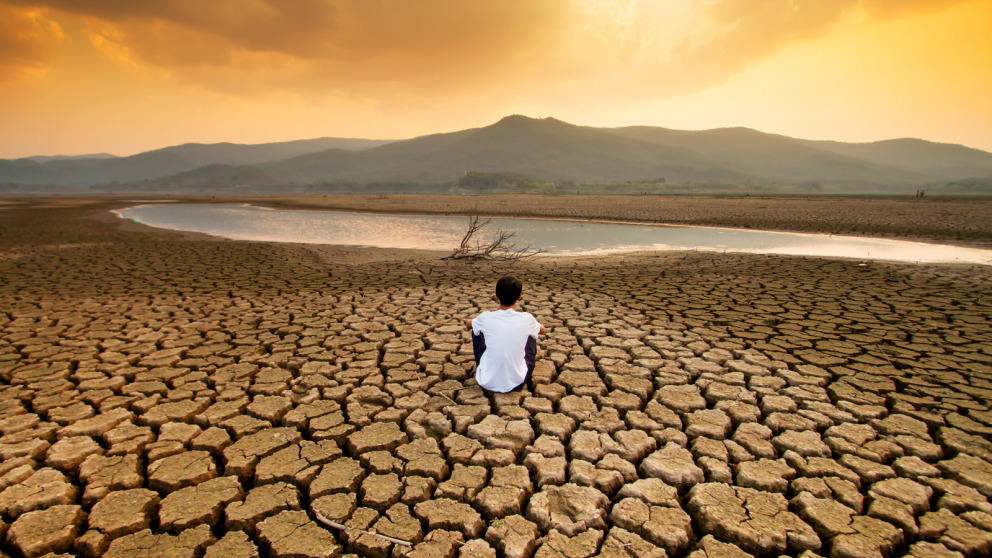Climate Litigation Plays Important Role in Struggle for Intergenerational Justice
27.02.2023
Young people have long been marginalized in national, regional, and United Nations political fora. Now they are actively demanding their rights as representatives of present and future generations. They do so through public protests, but also by taking legal action to assert their claims. Scientists at the Research Institute for Sustainability (RIFS) have studied the potential impacts of climate litigation in the Anthropocene.

There is a growing mobilization of young people in many different climate movements, including Fridays for Future (FFF). The activists claim to represent present and future generations. In doing so, they make it clear that young people today already suffer, and will continue to suffer far into the future, from the climate crisis at a disproportionately higher level than their elders.
RIFS researchers Louis Kotzé and Henrike Knappe have studied the changing role of young people in the context of the Anthropocene - the current geological era, which is characterized by fast-approaching planetary boundaries and far-reaching human interventions in the environment. The Anthropocene draws our attention to the vast timescales across which human interventions will impact the planet. “We are now dealing with past, present and future Earth system transformations not on a human time scale of thousands or even hundreds of thousands of years, but on a geological time scale of billions of years. This understanding of time, also known as deep time, is unimaginably greater than human timescales and conceptions,” explains Henrike Knappe. However, the vulnerability of young people is not a distant future concern any longer, but instead manifests itself in their present lived realities in the form of often catastrophic, climate events.
Far more, far sooner
The researchers identify climate litigation as a promising legal-political practice that young people have taken up as a response to their marginalization in politics. In 2021, for example, Germany’s Federal Constitutional Court partially upheld the claims brought by a group of young plaintiffs. The court ruled that the emissions reductions targets specified in the Federal Climate Protection Act (2019) would be insufficient to meet Germany’s obligations under the Paris Climate Agreement and to stay within the remaining CO2 budget. In addition, it noted that the Act failed to specify measures to reduce CO2 beyond 2030.
The Federal Constitutional Court’s ruling confirmed that much more needs to be done, and much sooner, to address the climate crisis, says Louis Kotzé: “The Court generally held that there is an obligation on the state to revisit the long-term effects of its climate laws and to equitably distribute allowable emissions over time and generations. It found that the state’s duty of protection arising from the right to life, physical integrity and personal freedom, encompasses the duty to protect life and health against the risks posed by climate change, and it can give rise to an objective duty to protect future generations.” He said the decision highlights not only the scale and severity of the climate crisis, but also the multiple patterns of vulnerability and injustice that particularly affect youth and future generations.
The researchers note that it is impossible to generalise the Neubauer decision and that other courts might be less willing to embrace such a far-reaching understanding of Earth system transformations and obligations towards future generations. Nevertheless, the decision sets an example of what a court could do to ensure that the rights and interests of future generations are more fully considered in present laws and political processes.
Kotzé, L. J., Knappe, H. (2023). Youth movements, intergenerational justice, and climate litigation in the deep time context of the Anthropocene. Environmental Research Communications, 5, doi: 10.1088/2515-7620/acaa21
Contact
